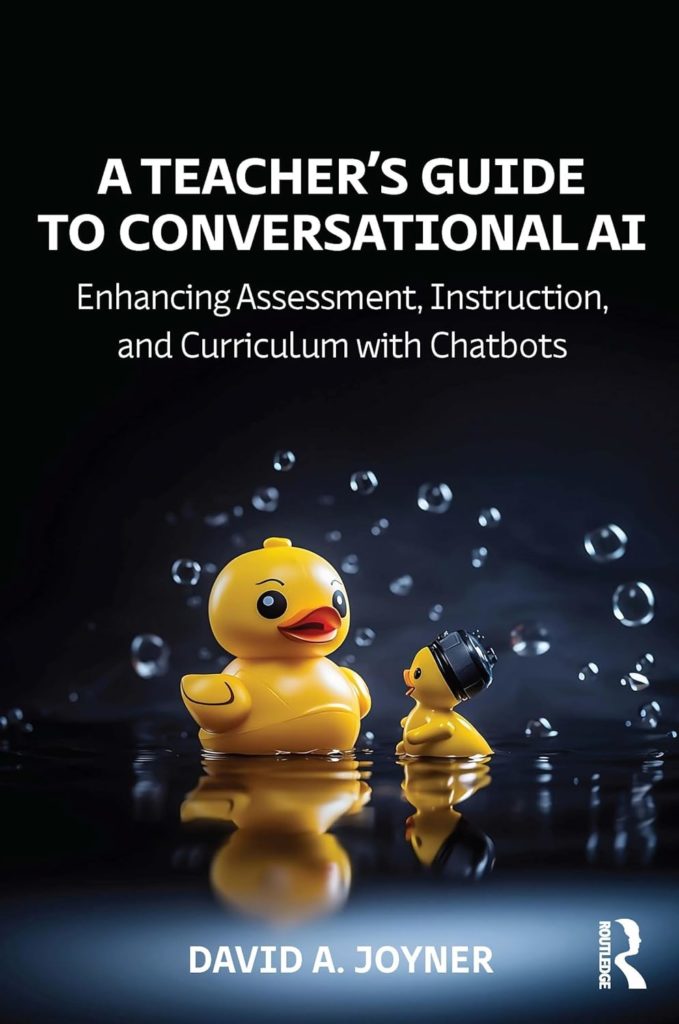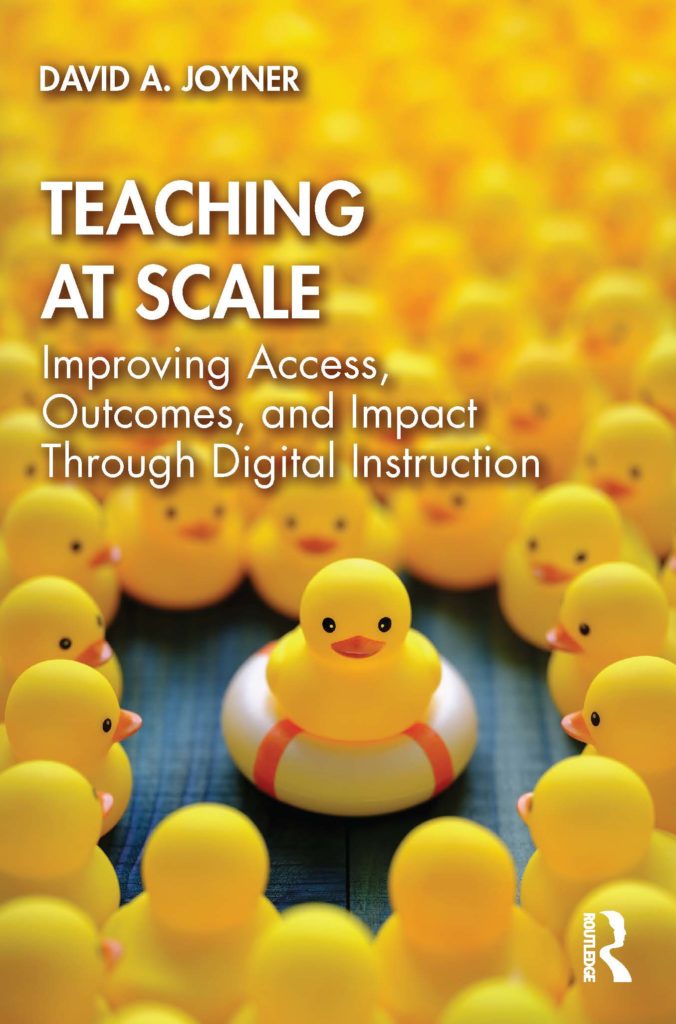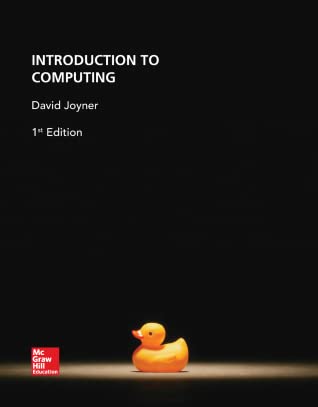As I’ve done the last four years (2020, 2021, 2022, 2023), I’m ending the year by listing my top “ten” books that I read the past year. Again, these are the top ten books I read this year, regardless of when they were published. One year I want to spend the entire year reading books that came out that year, but that wasn’t this year and it won’t be next year either.
I don’t typically write reviews for the books I read because typically if I don’t like a book I assume it’s because it’s not for me, not because it’s fundamentally bad, but I do enjoy specifically recommending the ones that I’ve enjoyed. I also make an exception to the “ten” to include entire series that I read together since so often it’s hard to separate their value individually from the value of the series as a whole.
So, my Top “Ten” books of 2024, in no particular order, along with way too many honorable mentions at the end:

- The Ministry for the Future by Kim Stanley Robinson. This is probably my most no-brainer book of the year given that it’s already loved and recommended by far more wise people than me, but this one of the rare books I’ve found that gives practical hope for the future. Many books give a rosier outlook than the more common dystopian future genre, but most don’t go along with a playbook for how to actually bring that future into reality. I almost struggle to classify it as fiction since it’s half-century spanning epic, half-policy proposal.
- Toxic by Lydia Kang. Lydia Kang continues to be one of my favorite authors, but looking at specific books doesn’t paint the whole picture: her range is absolutely phenomenal. In previous years I’ve loved her Victorian mysteries and her non-fiction medical histories, and this year I found out she can write science fiction beautifully as well. They all have a fantastic underlying thread of science to them—it doesn’t drive the plot like it does with Andy Weir, but it definitely grounds it in something more realistic. One thing that bothers me about some mysteries or thrillers is that they don’t give you enough information along the way to be able to make informed guesses about where the story is going, but with Kang, I feel like even if the book doesn’t drop those hints, the information does exist, just in actual science.
- The Library of the Unwritten by A. J. Hackwith, along with The Archive of the Forgotten and The God of Lost Words to complete the series. I loved this series: when I read it, I described it as a mix of Seanan McGuire, TJ Klune, and Neil Gaiman, with a hint of Brandon Sanderson thrown in, and that’s remarkably high praise coming by my standards. I generally love stories about stories as a whole, and this one—similar to McGuire’s Indexing—does a masterful job of playing on archetypes, alongside real-world mythologies as in a Gaiman story and the tender characters of a Klune book.
- The Roach by Rhett C. Bruno. Bruno’s Vicarious remains one of my favorite books of all time, so I was excited to pick this up on an Audible sale, and it lived up to the hype I attached to it. The superhero genre has been so done and redone and re-redone that it’s hard to imagine a take on it that actually feels new, but this felt new. It was grounded without being too gritty, it played on common tropes without relying on or instantiating them, and it was more character-driven than story-driven in the best possible way.
- Every Heart a Doorway by Seanan McGuire (and the next four books in the Wayward Children series). Given my aforementioned love of stories-about-stories, it’s probably not surprising I adored Seanan McGuire’s novella series. They’re legitimately mesmerizing in how they touch on some extremely dark topics but do so with a levity and poetry that comes across… reassuring, almost? I’m planning to read the next five as soon as the tenth one comes out in January, and I’m excited.
- How to Be Perfect by Michael Schur. I wish I’d read this while watching The Good Place, but even a few years removed it was still excellent. I’ve been going through it in conjunction to the philosophy lessons in Kinnu, and I enjoyed how Schur connected so many real topics to more immediate examples around us. I especially enjoyed how both the book and show touch on how hard it is to be truly moral nowadays with everything so interconnected.
- Why Demography Matters by Danny Dorling and Stuart Gietel-Basten. It’s always struck me as a given that when we cite statistics about world population growth and birth rates in different countries and such that we’re citing something as real as temperature measurements or heart rates, but this book really shed a light on how much the methodology of demography matters and how much room it leaves to skew statistics in one way or another. Understanding the level of uncertainty is strangely reassuring because as the book says, it reminds us that demography is not destiny, although I’d love an updated edition post-COVID.
- Zoey Is Too Drunk for This Dystopia by Jason Pargin. A previous book in this series was on my list of top books of 2022, and it’s definitely my “But wait, hear me out…” selection. I love humorous books, but this entire series is so much more than just humor: it’s a fantastically written satire of the role of technology in our society. Honestly, this latest one in the series is probably even better because it actually lets so much of the science fiction technology fade to the background; the plot revolves mostly around technology that is available today, a near-future evolution of always-on wearable cameras and Twitch streams. This time is focuses more on satirizing the visible and invisible movers in politics, and it’s prescient and—again—somewhat reassuring in its takeaways.
- The Making of Another Major Motion Picture Masterpiece by Tom Hanks. It took me about a quarter of the way through this book to realize what it even really was, but once I figured it out, I was hooked. It’s less of a novel telling one overarching story and more of a Love, Actually-style book of entwining plot lines set in the production of a movie—except unlike those ensemble pieces, this one doesn’t need each story to be driven by a romantic undertone. It provides what I have to assume (given the author) is a very realistic behind-the-scenes look at how movies actually come to be, and it’s intriguing to hear how so many things we take for granted on these massive enterprises come together.
- Influence: The Psychology of Persuasion by Robert B. Cialdini. This might be my newest inclusion in books I think everyone should read: not to be able to persuade others, but to understand how we’re all being persuaded so much of the time. Understanding phenomena like how people try to manipulate our desire to be internally consistent would be a game-changer at a societal level if more people recognized the ways in which they’re persuaded to act even against their own best interests.
And a couple honorable mentions:
- Guards! Guards! by Terry Pratchett. Terry Pratchett is one of my favorites, but few of his books are individually among my top of any given year; it’s more the sum total of the world he created that ranks highly to me. Guards! Guards! just happens to be one of the best.
- Here and Now and Then by Mike Chen. I love when science fiction gets a bit more soft, and this book straddles that line beautifully; it’s character-driven and tender, but still with some thrilling elements.
- Anaximander by Carlo Rovelli. I had no idea what I was getting into with this, but it was a joy to read Rovelli’s writing on a historical figure I didn’t previously know anything about.
- The Time Traveler’s Wife by Audrey Niffenegger. I picked this up on sale figuring that I may as well give a book this well-known a try, and it did not disappoint at all. It wasn’t at all what I was anticipating.
- Final Fantasy VII Remake: Traces of Two Pasts by Kazushige Nojima. I read this alongside playing Final Fantasy VII Rebirth, and it added a good bit to the story for me. The writing is an interesting style that meshes really well with the actual game, but more than anything reading the inner monologues of characters you generally only see outwardly added a lot to the game.
- The Skyward series by Brandon Sanderson. I didn’t include this mostly because I included Skyward on my list last year, but my daughter and I both adored this series. It’s everything I’ve loved about Sanderson’s other works, and honestly, there’s very little young adult about it. I think that’s what makes his series so remarkable: they’re legitimately universal in age range.
- A Bride’s Story Vol. 13 and Vol. 14 by Kaoru Mori. I just love this series.
- Starter Villain and Kaiju Preservation Society by John Scalzi. I’ve read three books by Scalzi, and I’ve had the same thing to say about all three: fantastic books that I wish were 2-3x longer because I felt like the story was just getting started when it ended.
…and lots and lots of others as well. The Midnight Library by Matt Haig, Born a Crime by Trevor Noah, The Coincidence Makers by Yoav Blum, When No One Is Watching by Alyssa Cole, How the Penguins Saved Veronica by Hazel Prior, The Decagon House Murders by Yukito Ayatsuji, Floating Hotel by Grace Curtis, The Anatomy of Dreams by Chloe Benjamin, Once Upon a Prime by Sarah Hart, The World Deserves My Children by Natasha Leggero, The Spare Man by Mary Robinette Kowal, and The Botanist’s Guide to Parties and Poisons and The Botanist’s Guide to Flowers and Fatality by Kate Khavari all come highly recommended.
Looking through my selections, I also notice some common themes. I read less non-fiction this year, but that’s mostly because I tend to read non-fiction in hardcopy while fiction is on Kindle or audiobooks; I’ve had more time in my routine for audiobooks or e-reading, so I’ve read a lot more fiction this year as a result. For what I select as my favorites, I gravitate toward books that are reassuring; maybe that’s a reflection of the state of the world, but I like books that paint an optimistic outlook for the future, or those that shine a light up to the present to show it may not be as bad as we perceive it to be.
My full year in books is available on GoodReads:

Of those 106 books, 75 were audiobooks, 18 were physical books, and 13 were on Kindle. I’ve been working on the same physical book since August, but my time to sit down and read an actual book that I have handy has frustratingly evaporated.
As always, you can follow all my book reading and writing by adding me on GoodReads!
















